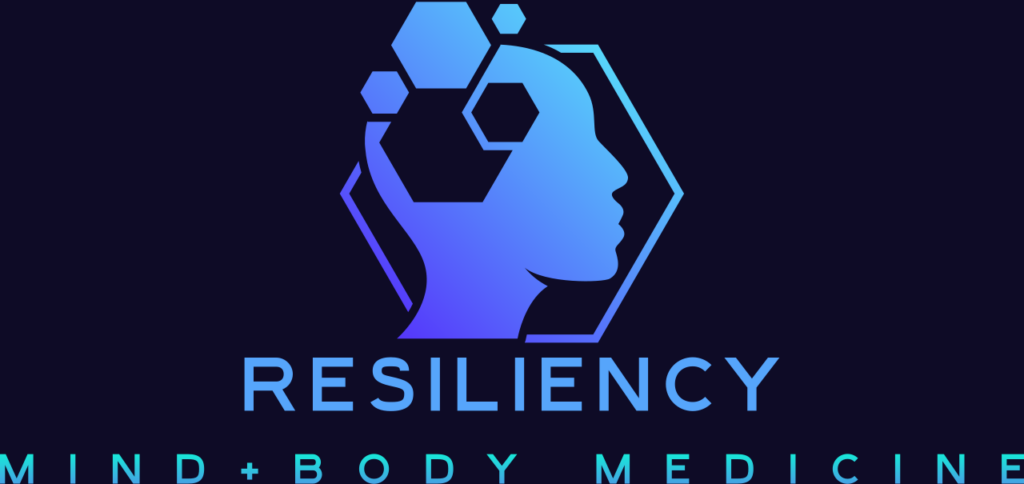By Stefani LaFrenierre, MD
Dementia and cognitive decline casts a shadow over the lives of millions worldwide. According to the CDC, currently 6.7 million Americans are diagnosed with dementia presently. This number is projected to triple to 14 million by 2060. As a psychiatrist specializing in mental well-being and prevention of disease, I’m often asked about strategies to prevent or mitigate the risk of dementia. While there’s no magic pill to guarantee immunity, certain lifestyle choices and supplements have shown promise in supporting brain health and potentially warding off cognitive decline. Here, I present the top 10 supplements recommended to fortify your cognitive armor against dementia:
- Omega-3 Fatty Acids: Found abundantly in fatty fish like salmon, mackerel, sardines, or sourced from plants like algae and nuts, omega-3 fatty acids are vital for brain health. Research suggests that regular consumption may reduce the risk of cognitive decline and dementia. For those not keen on fish, algae supplements are a convenient alternative.
- Vitamin E: With its antioxidant properties, vitamin E plays a crucial role in neutralizing harmful free radicals that can damage brain cells. Studies have indicated that adequate levels of vitamin E may lower the risk of Alzheimer’s disease, the most common form of dementia.
- Vitamin D: Often dubbed the “sunshine vitamin,” vitamin D is essential not only for bone health but also for cognitive function. Deficiencies in vitamin D have been linked to an increased risk of dementia. Incorporating vitamin D supplements or spending time in sunlight can help maintain optimal levels.
- Curcumin: Derived from turmeric, curcumin is revered for its anti-inflammatory and antioxidant properties. Research suggests that curcumin may help clear amyloid plaques, which are characteristic of Alzheimer’s disease, thus potentially slowing its progression.
- B Vitamins: Particularly B6, B12, and folate (B9), these vitamins play a crucial role in brain health by regulating homocysteine levels. Elevated homocysteine levels have been associated with an increased risk of cognitive decline and dementia. B vitamin supplements or fortified foods can help keep levels in check.
- Ginkgo Biloba: Extracted from the leaves of the ginkgo tree, Ginkgo biloba has long been touted for its memory-enhancing properties. Studies have suggested that Ginkgo biloba may improve cognitive function and delay the onset of dementia symptoms.
- Resveratrol: Found in red grapes, berries, and red wine, resveratrol is a polyphenol known for its antioxidant effects. Research indicates that resveratrol may protect brain cells from damage and reduce the risk of Alzheimer’s disease.
- Phosphatidylserine: A phospholipid found in high concentrations in the brain, phosphatidylserine plays a crucial role in maintaining cell structure and function. Supplementing with phosphatidylserine has shown promise in improving cognitive function and memory in individuals with age-related cognitive decline.
- Acetyl-L-Carnitine: This amino acid derivative is involved in energy production within cells, including those in the brain. Studies have suggested that acetyl-L-carnitine may improve memory, cognition, and overall brain function, making it a potential ally in the fight against dementia.
- Coenzyme Q10 (CoQ10): Known for its role in cellular energy production and antioxidant activity, CoQ10 may help protect brain cells from oxidative damage and improve mitochondrial function. While research on its effectiveness in preventing dementia is ongoing, CoQ10 supplements hold promise as a potential preventive measure.
While these supplements offer promising avenues for supporting brain health and potentially reducing the risk of dementia, it’s essential to approach supplementation with caution. Consulting with a healthcare professional at Resiliency Mind+Body Medicine before starting any new supplement regimen is advisable, as individual needs and medical conditions vary. Additionally, maintaining a healthy lifestyle encompassing balanced nutrition, regular exercise, adequate sleep, and cognitive stimulation remains paramount in safeguarding cognitive function and overall well-being.
Call Us Today to Book with an Expert Provider: 949-996-5355
Resources:
https://www.cdc.gov/aging/alzheimers-disease-dementia/about-alzheimers.html



